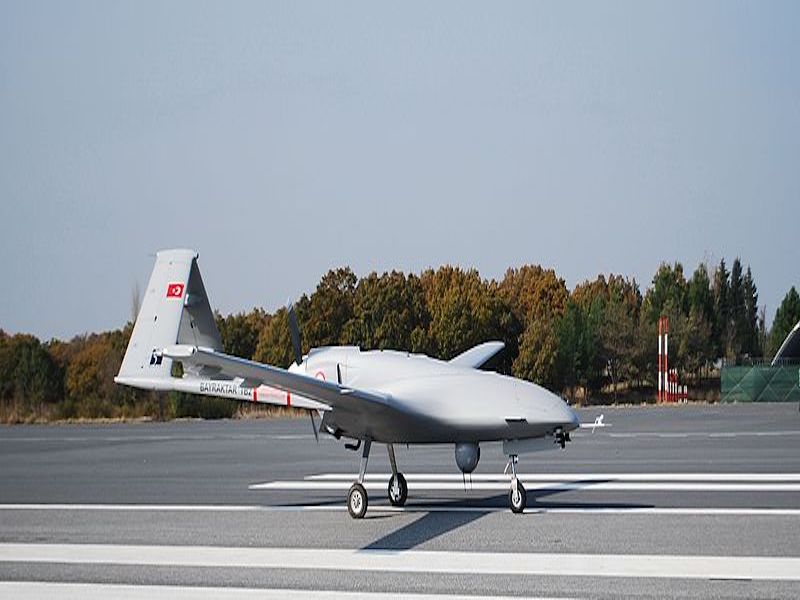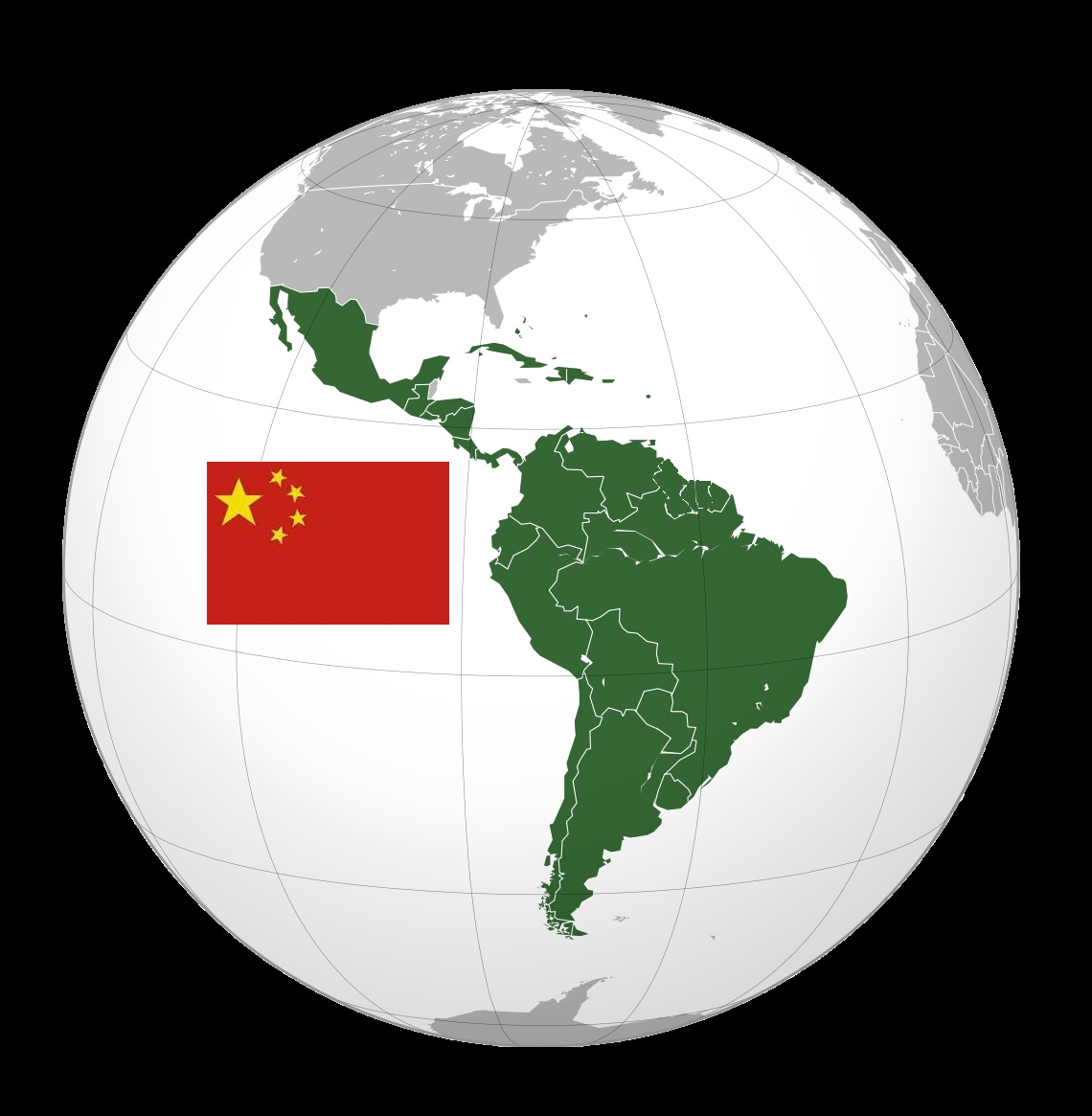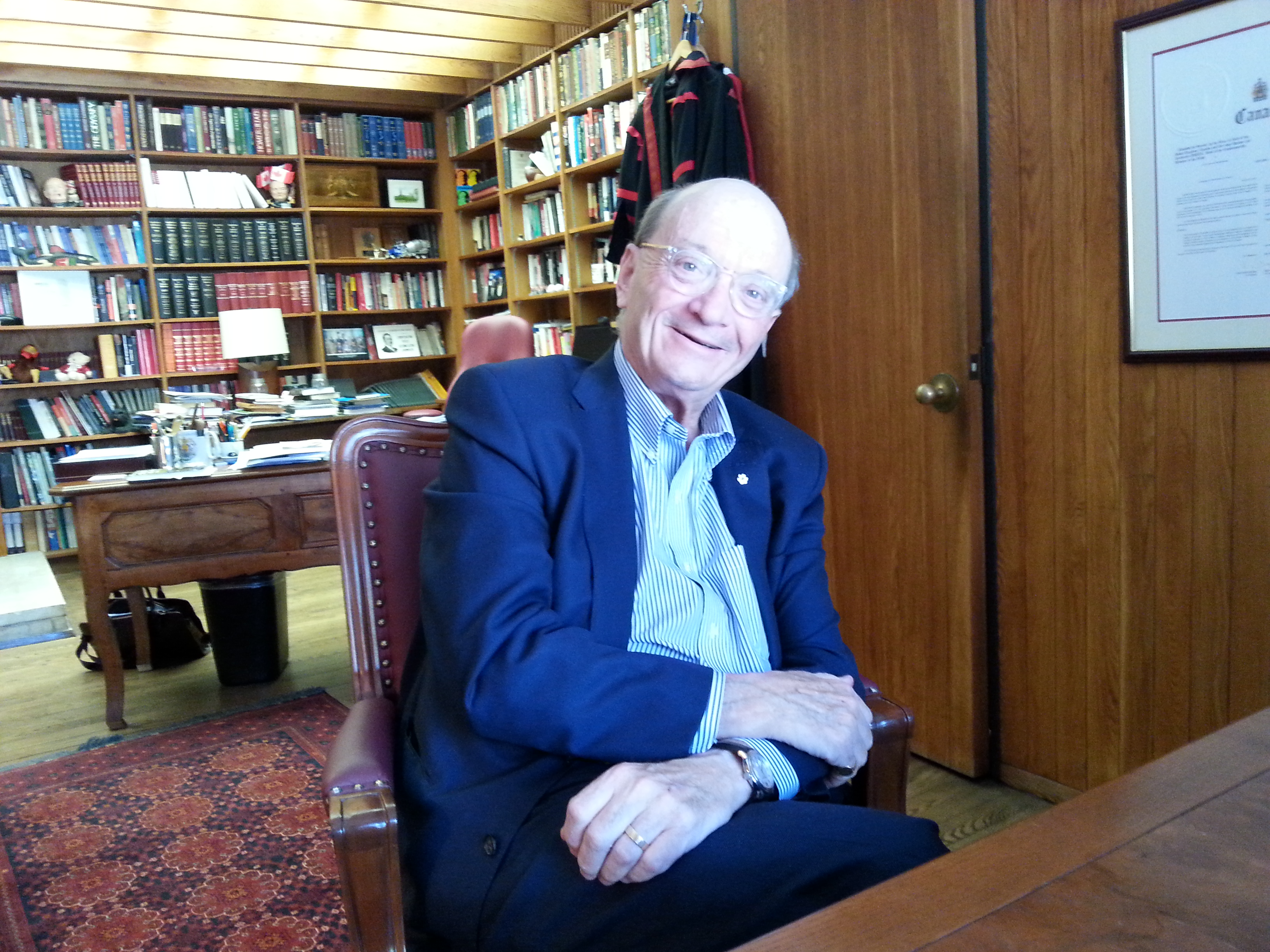In late September 2020, the conflict between Armenia and Azerbaijan over the Nagorno-Karabakh region escalated from sporadic clashes into sustained warfare. Throughout the escalation and the course of the fighting, Turkey has strongly supported its ally Azerbaijan’s actions and has helped to reiterate Azerbaijan’s list of preconditions for resuming peace negotiations with Armenia. While Turkey has key interests in Azerbaijan and foreign policy goals which make it important to support its ally so strongly, doing so has put it at odds with its NATO allies.
Turkey’s goals in the Caucasus
Since the 1994 ceasefire that ended the original war, the peace process between Armenia and Azerbaijan has been marked by sporadic fighting, most recently in July 2020. The current conflict began two days after Azerbaijan’s president Ilham Aliyev lamented a lack of progress in the Minsk Group peace process brokered by the Organization for Security and Co-operation in Europe (OSCE). Azerbaijan’s stated goal in resuming hostilities in Nagorno-Karabakh was the reclamation of the territory of Nagorno-Karabakh (recognized under international law as part of Azerbaijan but held by ethnic Armenian separatists since 1994) as well as adjacent territories occupied by Armenian forces, and the return of ethnic Azerbaijanis displaced by the 1988-94 conflict. Turkey has strongly backed its longstanding ally throughout this escalation in hostilities, holding significant military exercises after the fighting in July, and repeatedly reiterating the Azerbaijani government’s calls for Armenia to withdraw its military forces from Nagorno-Karabakh and the surrounding occupied territories as a precondition for peace talks.
In addition to a significant diplomatic relationship, Turkey also maintains a critical economic relationship with Azerbaijan, particularly in the trade of energy. As part of efforts to diversify its supply of natural gas imports, Turkey has recently made Azerbaijan its leading supplier, replacing Russia. During the July skirmishes that preceded the current active conflict, Armenian forces fired artillery barrages into the area around the city of Ganja in northwestern Azerbaijan, a region through which Azerbaijan’s major oil and gas pipelines pass, as well as road and rail links to Turkey (via the Republic of Georgia). While Armenia denies its artillery strikes in the Ganja region are meant to damage Azerbaijan’s oil exports, the shelling poses a significant threat to Turkey’s energy security as it receives nearly 30% of its domestic natural gas supply through this pipeline.
Ankara has backed its numerous interests in Azerbaijan with not only vocal public support but also as a major supplier of arms and military materiel, with Baku recently becoming a significant buyer for Turkish military exports. While Turkey moves to support its ally and help protect its interests in the Caucasus region, the rhetoric and actions they have undertaken to date have become a source of some friction between Ankara and its NATO allies.
In a recent statement, delivered at a press conference with the Turkish Minister of Foreign Affairs, Mevlüt Çavuşoğlu, NATO Secretary-General Jens Stoltenberg praised Turkey as a valuable contributor to the alliance, while requesting that Turkey use its influence to help to de-escalate the conflict in Nagorno-Karabakh. Canada has issued and reiterated statements jointly with the United Kingdom, expressing similar concerns to those raised by Stoltenberg, including an expression of concern regarding reports of shelling and casualties in civilian areas, and a call for all third-party actors to assist in ending hostilities, without pursuing further escalation.
The Impact of the Conflict on Canada-Turkey Relations
The Canadian and Turkish governments both characterize the relations between the two countries as positive. Both highlight growing bilateral trade, frequent diplomatic exchanges and a strong defence relationship fostered by being NATO allies as key elements in the bilateral relationship. However, the defence relationship has recently become a significant source of friction between the two countries, beginning with Canada’s October 2019 suspension of all permits for defense exports to Turkey. This decision came as a result of Turkey’s deployment of troops into northeastern Syria to push the majority-Kurdish Syrian Democratic Forces (SDF), a group which had been contributing to international military efforts against the Islamic State, away from the Turkish border. Ankara cited security concerns that the SDF could be under the control of affiliates of the Kurdistan Workers Party (recognized as a terrorist organization by both Canada and Turkey) in Turkey to further their decades-long insurgency inside the country. The Canadian suspension halted a lucrative trade to its defence industry’s fourth-largest customer for the foreseeable future (with an exception for exports related to NATO programs).
The issue of Canadian military exports has again come to the forefront of Canada-Turkey relations in the current conflict over Nagorno-Karabakh as questions over the use of Canadian-produced sensors on Turkish-built drones being used to conduct airstrikes as part of the ongoing fighting in Nagorno-Karabakh. The permits allowing the export of the sensors, from Ontario-based L3Harris WESCAM, had so far been excepted from the blanket suspension of military goods to Turkey. With evidence that this targeting technology has been used in airstrikes that have caused civilian casualties, on October 5th Global Affairs Canada suspended the further export of the sensors pending an investigation into their use in the conflict.
The challenging question of defence exports will remain a point of friction in the Canada-Turkey relationship for the foreseeable future. Turkish officials, quoted by Turkish public broadcaster TRT World, have been critical of Canada’s decision, calling it hypocritical to stop exports to Turkey and not Saudi Arabia, which has been involved in the Yemeni civil war and has also seen significant civilian casualties. While defense exports make up just CAD$ 116M of the CAD$ 3.7B worth of goods traded between Canada and Turkey in 2018, this decision will have a significant impact on Turkey as the fourth-largest export market for Canadian military exports. Given the significance of Canada’s decision to its defence relationship to Turkey, recovery will likely be a lengthy process, but one in which cooperation through NATO has the potential to provide a framework for Canada and Turkey to engage constructively on defence issues and begin the process of repairing bilateral ties.
Image copyright: A Turkish Bayraktar TB2 Drone (2014), by Bayhaluk via Wikimedia Commons. Licensed under CC BY-SA 4.0
Disclaimer: Any views or opinions expressed in articles are solely those of the authors and do not necessarily represent the views of the NATO Association of Canada.




